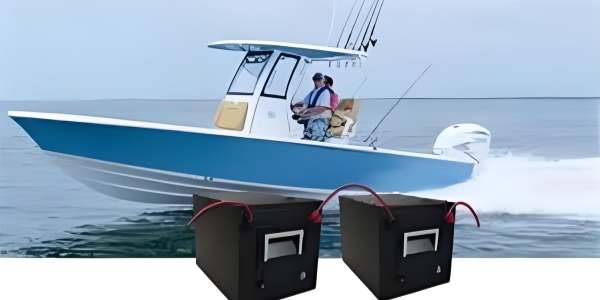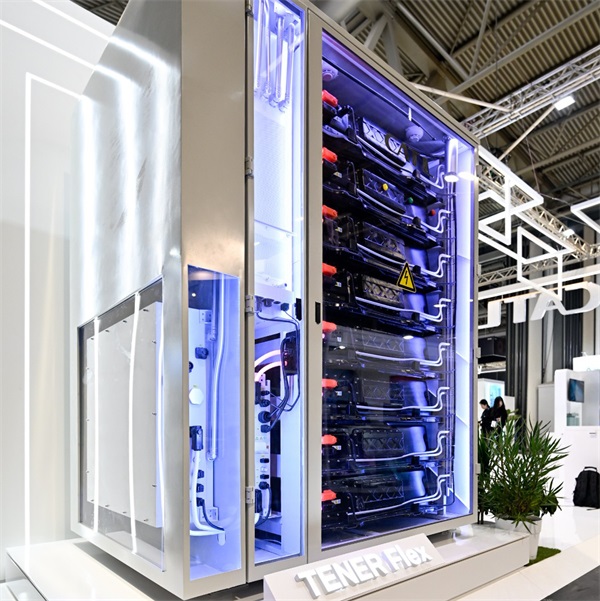Five Compelling Reasons to Choose Lithium Iron Phosphate Batteries for Ships
1. Enhanced Safety and Stability
One of the primary benefits of lithium iron phosphate (LiFePO4) batteries is their exceptional safety profile. Unlike other lithium-ion batteries, LiFePO4 cells are inherently more stable, reducing the risk of thermal runaway and fire hazards. This stability makes them an ideal choice for marine applications, where safety is paramount. The robust construction of these batteries ensures that they can withstand harsh marine environments, providing shipowners with peace of mind on their voyages.
2. Long Cycle Life and Reduced Replacement Costs
LiFePO4 batteries are renowned for their long cycle life, often lasting over 2,000 charge-discharge cycles before significant capacity degradation occurs. This longevity translates to lower replacement costs compared to traditional lead-acid batteries, which typically need replacing every 500 to 1,000 cycles. For ship operators, the extended lifespan of LiFePO4 batteries means reduced downtime and maintenance costs, allowing for more efficient operations on the water.
3. Superior Energy Density and Performance
When it comes to energy density, lithium iron phosphate batteries offer a competitive edge. They provide a higher energy per weight ratio than lead-acid batteries, which is crucial for ships where space and weight constraints are vital. This means that ships can carry more energy on board without significantly increasing weight, leading to improved performance. Furthermore, these batteries can deliver high discharge rates, making them suitable for applications that require quick bursts of energy, such as starting engines or powering winches.
4. Environmentally Friendly Solution
.jpg)
In today’s world, sustainability is a key concern, and LiFePO4 batteries are a step in the right direction. They are made from abundant and non-toxic materials, which minimizes environmental impact compared to conventional batteries that contain harmful chemicals. Moreover, the recyclability of LiFePO4 batteries contributes to reducing waste and encourages a circular economy in the marine industry. Choosing this technology showcases a commitment to environmentally responsible practices, an increasingly important consideration for ship operators and regulators alike.
5. Low Maintenance Requirements
Another significant advantage of lithium iron phosphate batteries is their low maintenance needs. Unlike traditional batteries that require regular checks and maintenance, LiFePO4 batteries can operate efficiently with minimal oversight. This feature is particularly advantageous for ship operations, where accessibility to batteries can be limited. Ship crews can focus more on navigation and operations rather than spending time on battery upkeep, which enhances overall efficiency.
In conclusion, choosing lithium iron phosphate batteries for ships comes with a plethora of benefits that enhance overall safety, efficiency, and sustainability. With their impressive cycle life, energy density, and low maintenance requirements, LiFePO4 batteries are an excellent investment for modern maritime operations, paving the way for a greener and more efficient future at sea.

